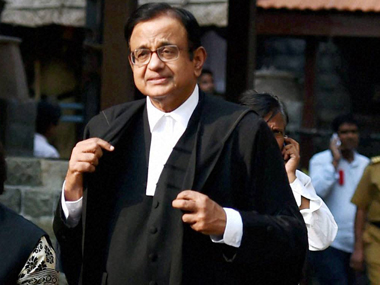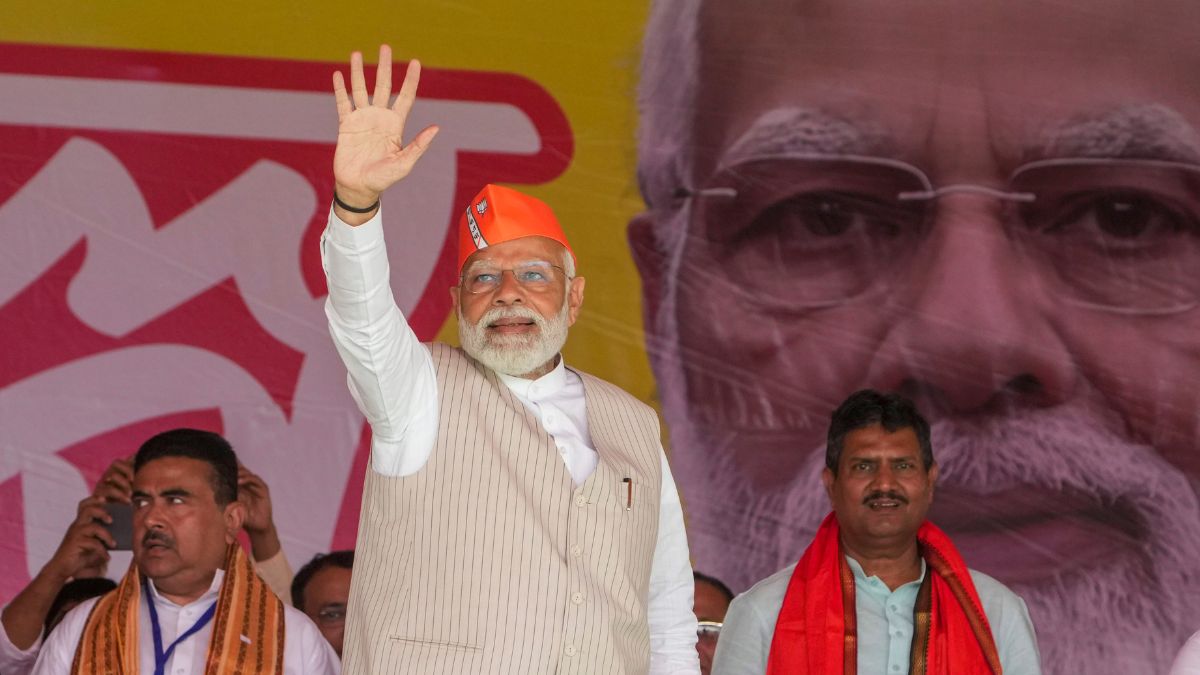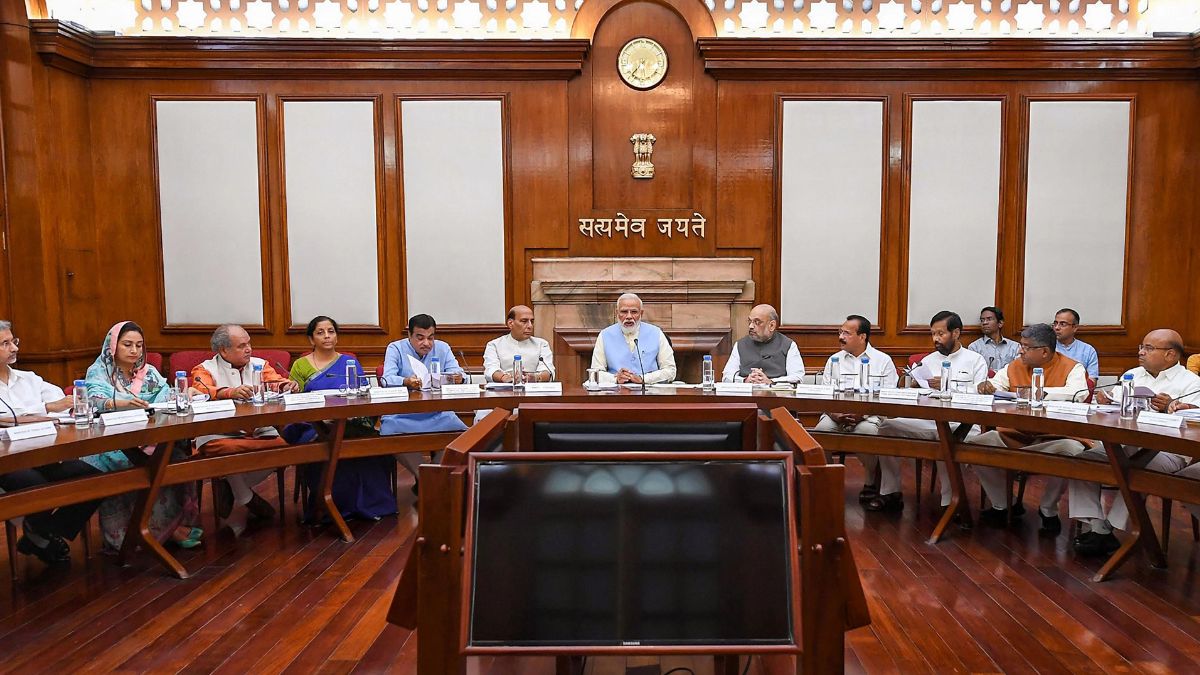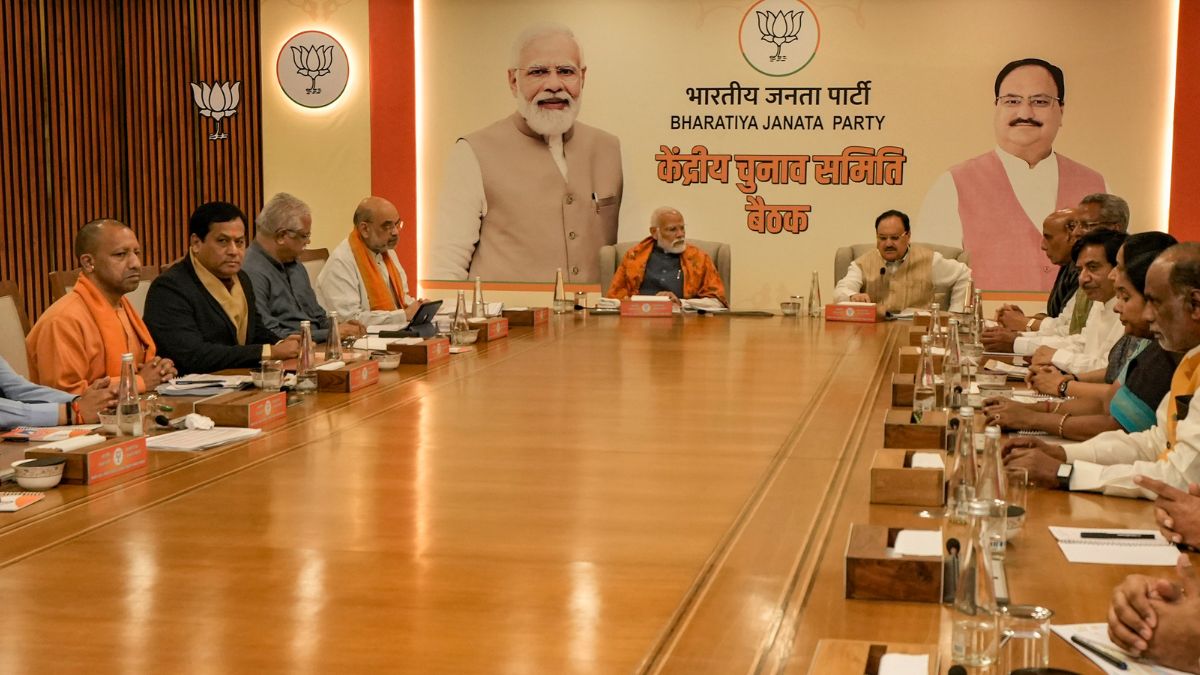Now look, men…there may be a god up there, or then again there may not be; but assuming for a moment that there is, you should be pretty sure that he is on P Chidambaram’s side in India.
If there is any doubt, one should read his column in the Indian Express that deals with his ethical and moral positioning in relation to the killing of Ishrat Jahan and three others in Gujarat in 2004. With clever use of words and marshalling of selective facts, he tries to give the impression that he has always stood for justice, morality and ethics.
As I have argued in an earlier Firstpost story , the eminence of a lawyer is directly proportional to his ease with words. And Chidambaram is an eminent lawyer.
In his column, Chidambaram argued that he would not like to guess if the encounter was fake or genuine. And that by amending the affidavit, he had taken a correct legal and moral position – of de-linking Ishrat Jahan’s antecedents with the extra-judicial execution of four persons by the Gujarat police.
In a clever sleight of hand, he acknowledges that there might have been intelligence inputs from Central agencies on Ishrat Jahan and her associates, but that that must not be taken as an excuse for killing them without trial.
Only a seasoned lawyer like Chidambaram could pretend to be so naïve as to not know that India’s internal security establishment has over the years acquired the features of a killing machine. Perhaps nobody else, with the honourable exception of Chidambaram, would need a judiciary-mandated probe to reveal the reality of Ishrat’s fake encounter. Right from the word go, it was a FAKE encounter – in capital letters.
But is this not the reality of all such encounters in India, in which criminals are claimed to have been gunned down by valiant policemen in the dead of night in lonely places?
Any person with an elementary understanding of the intelligence bureau’s operation cell would know how agencies use their “assets” and do not hesitate to “neutralise” them when they become a liability. This ruthlessness has become intrinsic to the statecraft.
This was very much on display when Chidambaram gave the go-ahead signal to security forces and launched a massive combing operation against Maoists in the forests of Jharkhand, Chhattisgarh, Andhra Pradesh and Odisha, during his tenure as home minister.
The summary execution of scores of Maoists was not even preceded by Kangaroo trials. They were bumped off at the slightest suspicion by a vengeful state. Chidambaram’s abiding faith in the dictum “innocent till proven guilty” had never stirred his conscience back then.
Top Maoist leaders like Kishanji, Appa Rao and Kondal Reddy were gunned down in encounters which appeared to be as genuine or fake as that of Ishrat Jahan. The security agencies of the Centre and the state of Jharkhand, West Bengal and Andhra Pradesh collaborated to engineer these encounters.
Of course the spate of extra-judicial executions happening routinely in Jammu and Kashmir and the troubled regions of North Eastern states did not abate during Chidambaram’s time. Rather, there was enough indication of the state expressing its machismo more through guns than dialogues. Much of the criminality of the state was brushed under the carpet with the belief that skeletons would rarely tumble out of the closet.
In Ishrat Jahan’s case, it would be absolutely wrong to find fault with Chidambaram’s decision to amend the affidavit in the court. The problem is not that he decided not to stick to the truth but to a half-truth, which is worse than a lie.
In the affidavit, he carefully avoided talking about the collusive roles of the IB and the then national security advisor M K Narayanan. The fact that such IB-aided operations are prevalent in the country is conveniently overlooked to persist with the illegality of the state.
Ishrat Jahan’s encounter was picked with the sole objective of enmeshing an adversary like the then Gujarat Chief Minister Narendra Modi, and to nail him down in a criminal case. This is the precise reason why Chidambaram inducted an officer like Kuldeep Sharma, despite stiff opposition to his central deputation by the state government in the home ministry.
The home ministry then turned into a veritable palace of conspiracy to topple the Gujarat government by promoting a split in top administrative and the police set up. This is the sequel in which Chidambaram’s amended affidavit is seen – and not in his noble declaration of abiding faith in “innocent till proven guilty”.
Perhaps it would have been much better if Chidambaram would have bared the hideous face of the state and had demanded that the internal security establishment – including intelligence agencies – be held accountable for its acts.
A parliamentary oversight on the functioning of the intelligence agencies is certainly a prerequisite for the evolution of a benign state. Instead, the former home minister chose to express his “righteous indignation” on a case that bespeaks more about his guilt than his innocence.


)




)
)
)
)
)
)
)
)